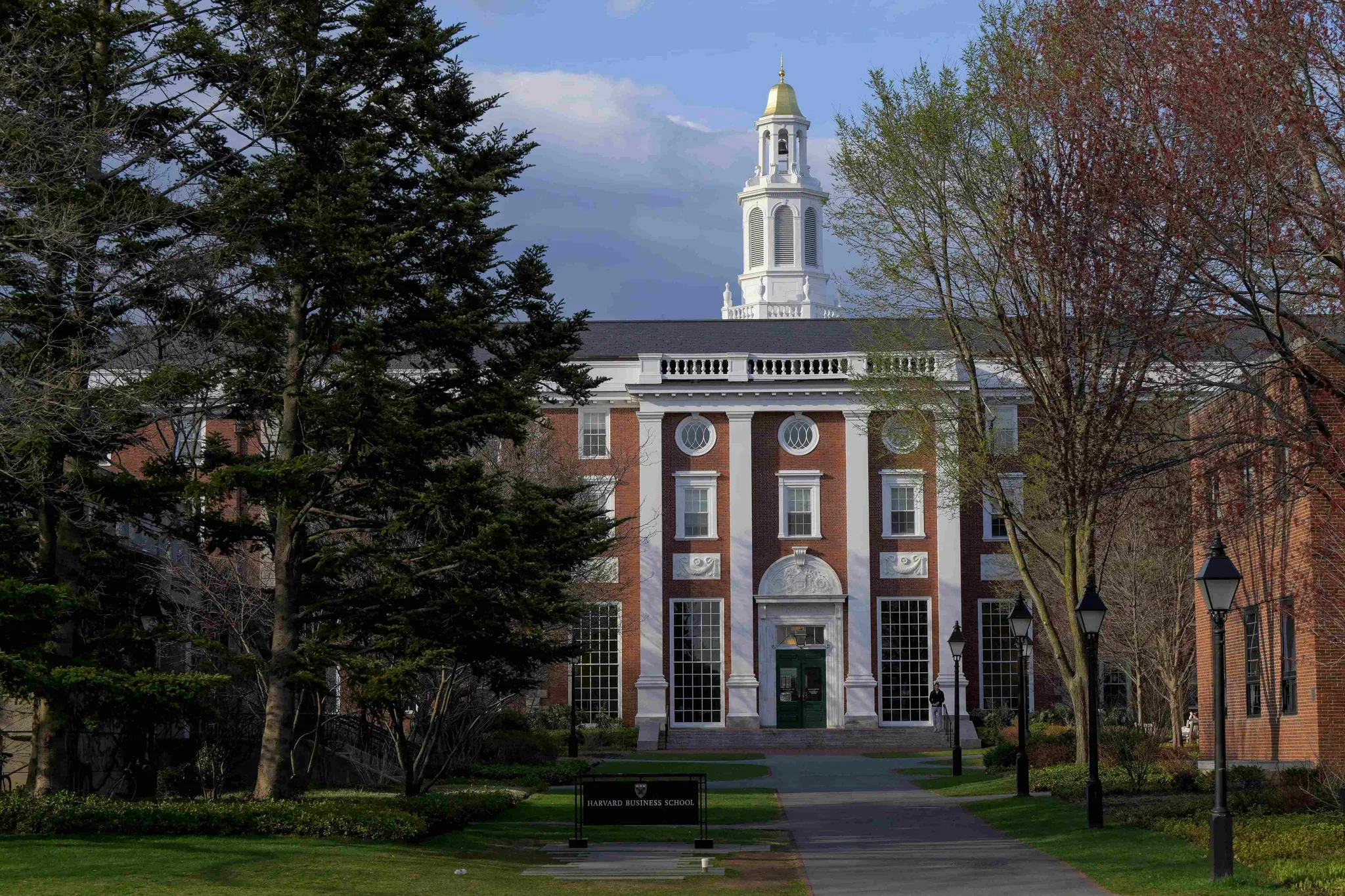The blow to the heart of American education: the administration of President Donald Trump has banned Harvard University, one of the most prestigious educational institutions in the world, from enrolling international students. This decision, announced on May 22, 2025, has become the culmination of a prolonged war by the White House against elite universities, which, according to the administration, have become centers of anti-Americanism and political activism. By canceling Harvard’s certification under the Student and Exchange Visitor Program (SEVP), the Department of Homeland Security (DHS) jeopardized the legal status of approximately 6,700 international students — 27% of the university’s total student body — forcing them to transfer to other institutions or leave the country. This step, accompanied by accusations of facilitating “violence, anti-Semitism, and terrorist activities,” provoked outrage in academic circles and raised questions about the future of higher education in America.
Escalation of the War with Academia
The DHS's decision marked the latest act in a campaign that began back in January 2025, when the Trump administration intensified pressure on universities where pro-Palestinian protests took place. Harvard, with its $53.2 billion endowment and reputation as an intellectual bastion, became the main target. In April, the White House froze $2.2 billion in federal funding, accusing the university of failing to combat anti-Semitism and “anti-American ideology.” Subsequently, DHS canceled grants totaling $2.7 million and threatened to revoke Harvard's nonprofit status, which could cost the university hundreds of millions of dollars annually.
In May, tensions peaked when Harvard filed a lawsuit against the administration, accusing it of a “arbitrary and unconstitutional campaign” after another $450 million in funding was cut. In response, DHS, led by Minister Christina Noy, canceled the SEVP certification, accusing Harvard of collaborating with the “Chinese Communist Party” and tolerating “violent, terrorist propaganda.” The statement from the department claims that the university created a “dangerous environment” where “anti-American activists” persecute Jewish students.
Voices of Students: Fear and Resistance
For international students, who make up a quarter of the campus, the decision was a blow. “It’s like exile for choosing Harvard,” says Leo Herden, a senior from Sweden. “They want us to rat each other out, but we will not give up.” On campus, where just a week ago students celebrated the end of the semester, an atmosphere of anxiety now prevails. Rallies supporting academic freedom, such as the one attended by 500 people on April 17, have become symbols of resistance, but the fear of deportation causes many to remain silent. Only two international students, including Abdullah Shahid Sial from Pakistan, have publicly spoken out against the administration’s policies.
Jewish students also express protests. Over 100 of them signed an open letter accusing the White House of using them as “pawns” for political purposes. “Withholding funding does not protect us, but destroys the possibility to fight anti-Semitism honestly and principledly,” said Maya Gofenberg, one of the authors of the letter.
Freedom of Academic Expression on the Brink
Harvard, which has produced 162 Nobel laureates, finds itself in an unprecedented crisis. University President Alan Garber, rejecting the White House’s demands to cancel diversity programs, ban masks at protests, and audit “ideological diversity,” called them “an attempt to control the Harvard community.” In a statement from May 22, the university reaffirmed its position: “We will not compromise our independence or give up our constitutional rights.”
But the cost of resistance is high. The funding freeze has already halted research, including projects developing radiation sickness medications and tuberculosis fighting strategies. Harvard Medical School professor David Wolt reported that due to grant cuts, some researchers are forced to dismiss staff and halt experiments on animals. “This is not just about Harvard; it’s about the future of science,” he said.
Insiders in the education sector note that the attack on Harvard is just the beginning. “Trump wants to make an example out of Harvard to force other universities to submit,” says a source close to the Department of Education. Columbia University has already made concessions, agreeing to external oversight and replacing department heads following a $400 million funding cut. Other elite institutions like Princeton and Cornell have also faced financial sanctions, but Harvard is the first to openly challenge them.
Geopolitical Context and Economic Consequences
The accusations of cooperation with China, made by DHS, reflect a broader political course of the Trump administration, which sees international students as a potential threat to national security. According to the Associated Press, since March 2025, at least 1024 students at 160 American institutions have lost visas due to participation in protests or “undesirable activity.” But the economic repercussions could be catastrophic: international students bring billions of dollars annually to American universities, and their migration to Canada, the UK, or Australia could weaken the US's position as a global leader in education.
At Harvard, where international students pay full tuition, their departure could undermine financial stability despite the large endowment. “It’s not just about money, but about diversity of ideas,” said Arjun Fung, professor at the Kennedy School of Government. “Without the international community, Harvard will not be Harvard.”
The Future in Question
While Harvard prepares for new legal battles, the academic world holds its breath. The revocation of SEVP certification is not just a blow to the university but also a signal to other higher education institutions: obey or lose everything. Massachusetts Governor Morsa Hill called the administration’s actions “a brazen attempt to intimidate,” and pledged support for Harvard. Democratic politicians and universities, from Yale to MIT, expressed solidarity, but the legal prospects remain uncertain.
For students like Sial, who dreamed of leading the student government, the future hangs by a thread. “They want to divide us, but we are a community,” he says. “We will fight.” In Cambridge, where the statue of John Harvard stands as a symbol of knowledge, the struggle for academic freedom has become a fight for the soul of American education. Will Harvard withstand or be the first in a series of falls? The answer will determine not only the university’s future but also whether America remains a beacon for the brightest minds worldwide.



